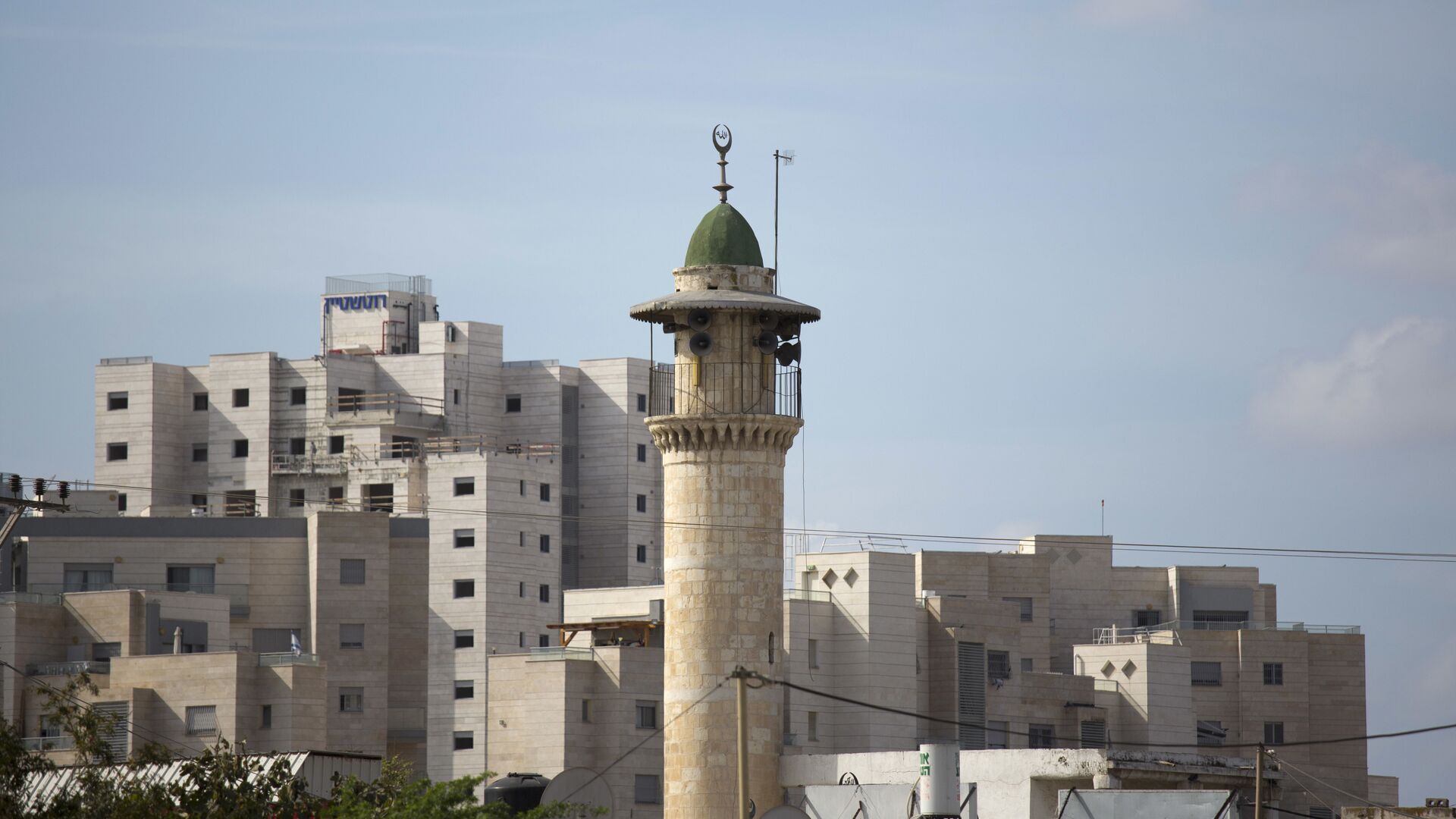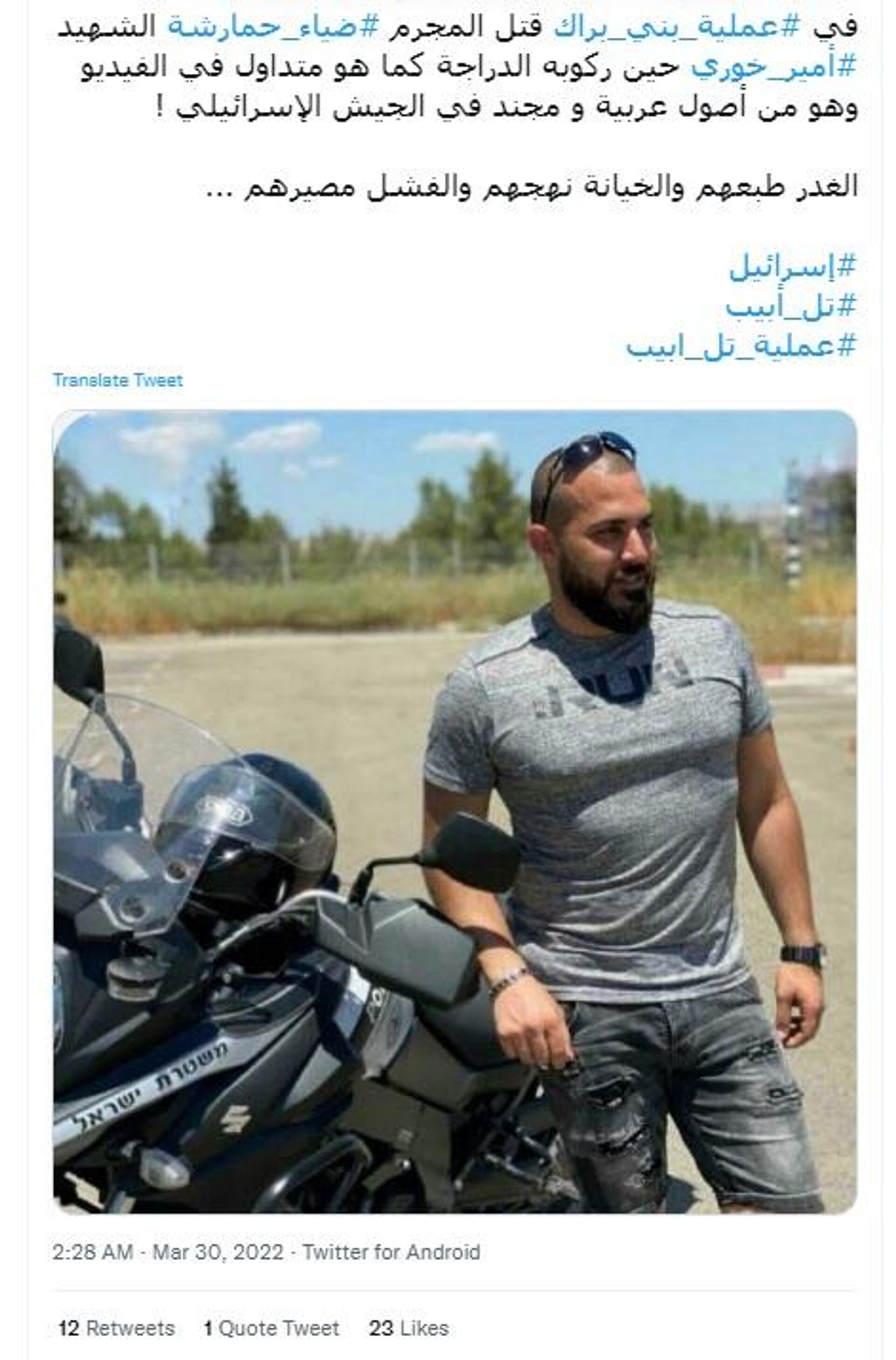Fear, Friendship and Distrust: A Look at Muslim-Christian Ties in Israel

© AP Photo / Ariel Schalit
Subscribe
Christian and Muslim Arabs in Israel have different perspectives on the country and the Palestinian efforts to create their own state. Although the ideology of Pan-Arabism was deemed to be capable of bridging the gaps between the two communities, the rapprochement was put in question by the events of the so-called Arab Spring in the Middle East.
On 1 April, Israel buried Christian police officer Amir Khoury, who died in a shootout with a Palestinian terrorist in the central city of Bnei Brak, where four other people lost their lives two days earlier.
Thousands of Israelis, including from the Ultra-Orthodox community, attended his funeral in the northern city of Nazareth. For them he was a hero. But for many Arab citizens of Israel, he was no more than a traitor.
Shortly after his death, Arabic language social media networks exploded in anger. Some called him a "dog" who deserved that end because of his collaboration with the "occupier".
Others referred to him as a traitor who had betrayed the Palestinian people and their cause.
Complicated Relations
Deb Maroun, a Christian Arab from Haifa in northern Israel, has been working in the city's municipality for years. He is well aware of the discourse taking place on the streets and social media networks, and he says that this hatred towards his community is nothing new.
"Many Muslim Arabs of Israel have never tolerated the fact that the majority of Christians here support this country", said Maroun.
"They have been harbouring these feelings for years and now they find an outlet on Twitter and Facebook".
Throughout the years, Muslim and Christian Arabs of Israel have had differences on a number of issues. They disagreed on the way they looked at the establishment of the Jewish state in 1948. They didn't see eye-to-eye when it came to the importance of the Al Aqsa Mosque in Jerusalem, or the Palestinian strive for statehood.
Pan-Arabism advocated by Egypt's second President Gamal Abdel Nasser and his Syrian counterpart Hafez Al Assad tried to put an end to those chasms. It attempted to drop off all differences and unite the Arabs of the region against a common enemy, Israel.
For years, these tactics worked, but the eruption of the Arab Spring and the chaos that followed shortly after as well as the persecution of minorities prompted many to question pan-Arabism. Christians in Israel were no exception. The gap between them and Muslim Arabs started widening.
And now, says Maroun, that gap is even harder to bridge.
"The general feeling in our community is that we differ from Muslim Arabs even though we belong to the same ethnic group. Our culture, religion and mentality are not similar to theirs. And very often we are struggling to get along", he confessed.
Although Christians in Israel continue to live in mixed towns and cities, the general tendency is that they don't like to mingle. Nor do they lean towards mixed marriages or shared educational institutions. They try to stay away from the Israeli-Palestinian conflict or engage in political activities.
Attempts at Integration
There have also been exceptions. Prominent Christian Arab politicians have advocated for closer ties with the Muslim community. They have expressed support for Palestinians and their cause and have called on other members of their society to follow suit.
Some have yielded to those calls, taking a pro-Palestinian stance. But Maroun says the vast majority of Christians favour the Israeli, not the Palestinian, narrative.
"Only a small fraction of Christians support the Palestinians. Some say they do but only because they are afraid of Muslims, and only because they are a minority in their towns and neighbourhoods".
The 70-year-old says this attitude is unlikely to change in the future. Looking at the situation of Christians in the Middle East, he believes Israel is a safe haven for his community and he is happy that he lives in the Jewish state.
"Jews will not let anyone hurt us and we are grateful to live here. I have been serving this country and my son also did. It has been bliss to live here".
As of December 2021, Israel's Christian Arab population stood at 182,000, or 1.9 percent of the country's population of over nine million. They make up seven percent of all Arabs residing in the Jewish state, and the vast majority of them, some 84 percent, said they were happy with life in the country.




